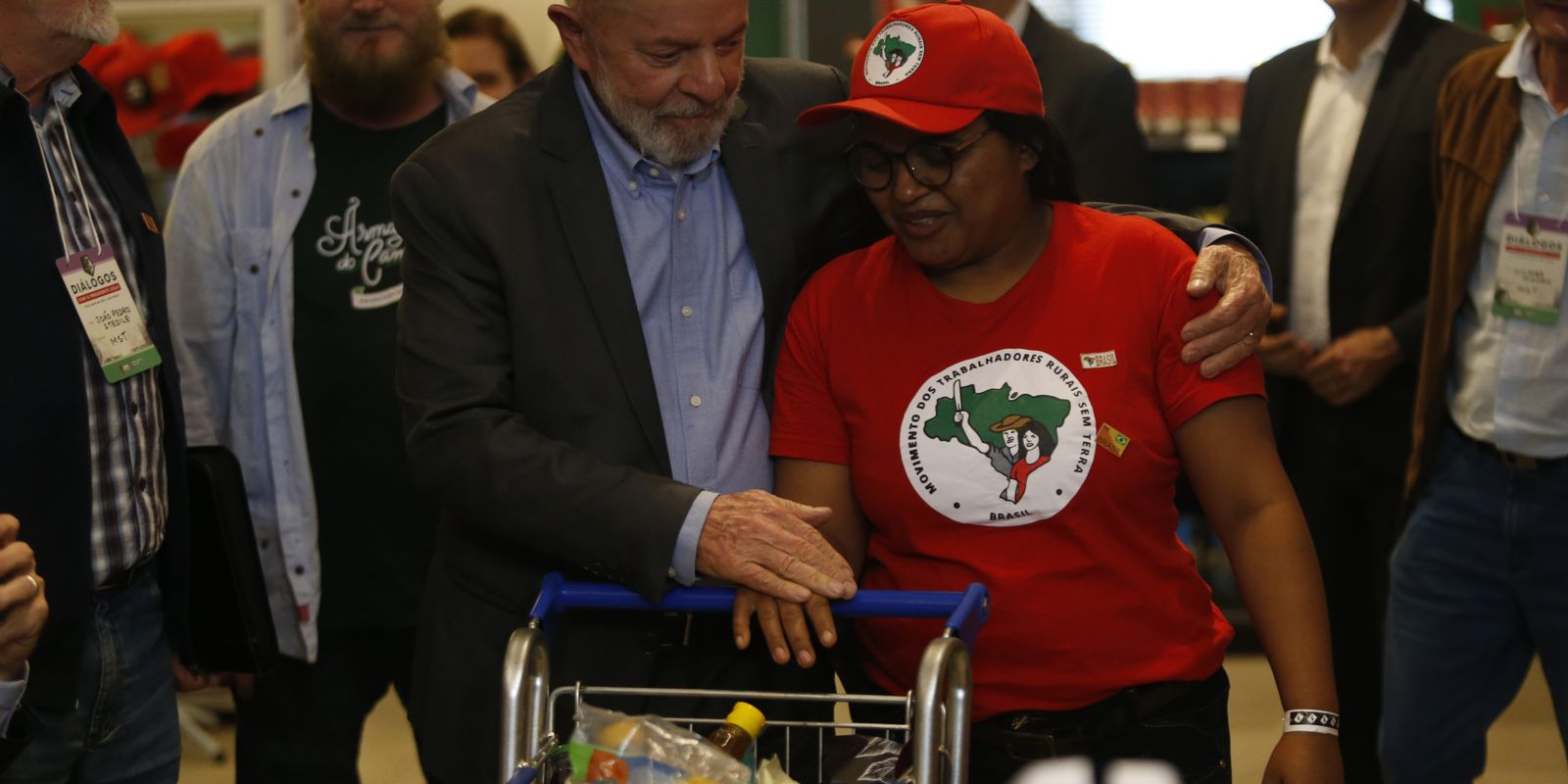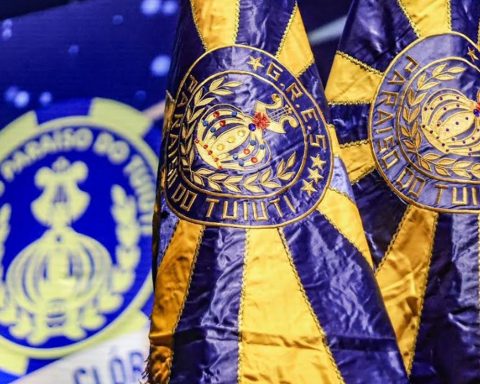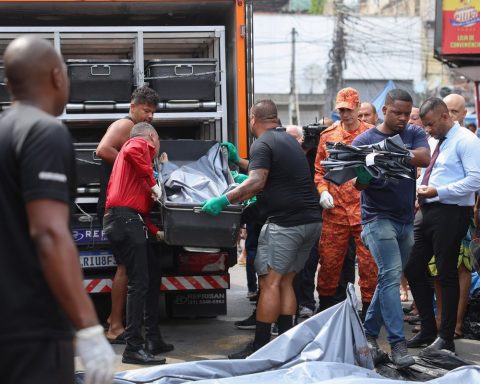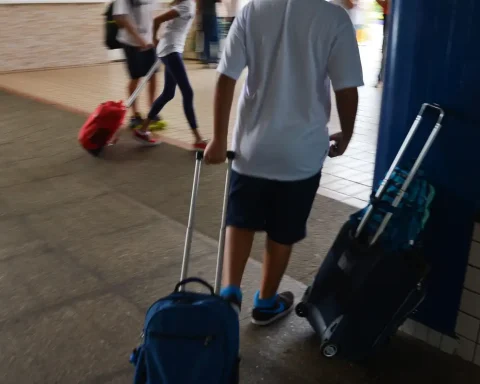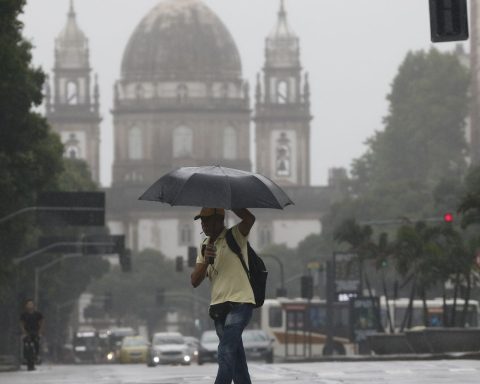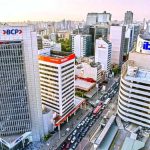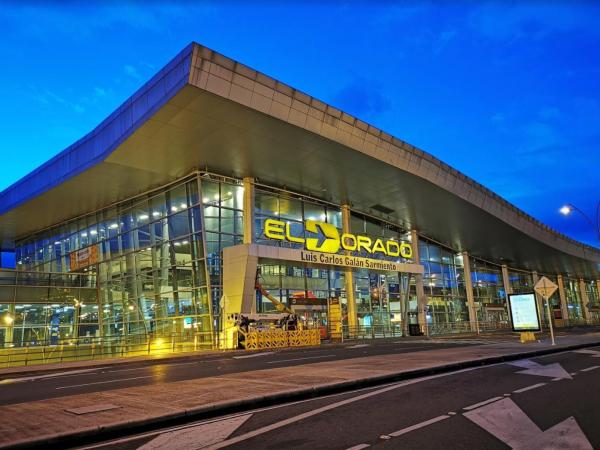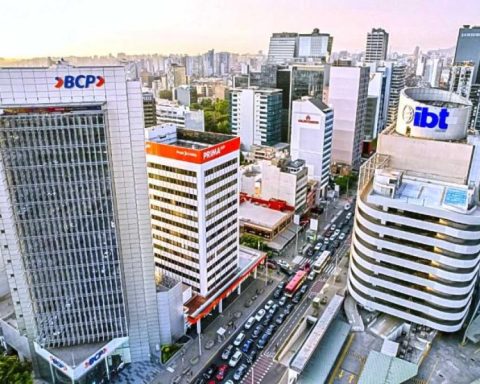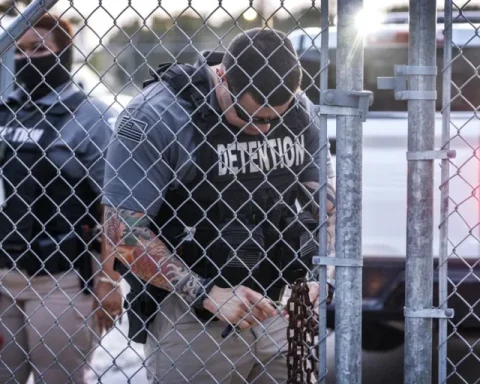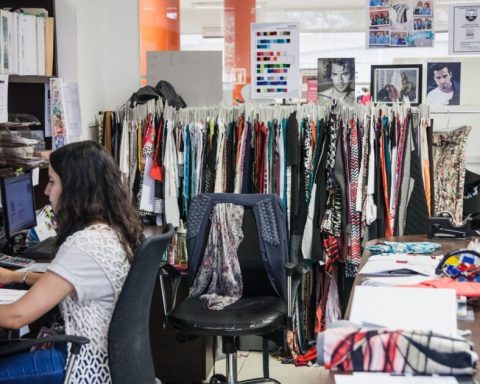President Luiz Inácio Lula da Silva met this Friday (19), in the Campos Elíseos neighborhood, in the capital of São Paulo, with around 70 representatives of Brazilian social movements. The meeting took place at Armazém do Campo, a place where organic products produced by popular movements such as the Landless Workers’ Movement (MST) are sold. 
In addition to President Lula, the government was represented by the Minister Chief of the General Secretariat of the Presidency of the Republic, Márcio Macêdo; the Minister of Finance, Fernando Haddad; and the Minister of Agrarian Development and Family Farming, Paulo Teixeira. The First Lady, Rosângela Lula da Silva, also known as Janja, was also present.
The social movements included those belonging to the Frente Brasil Popular and the Frente Povo Sem Medo, such as the MST, the Movimento dos Trabalhadores Sem Teto (MTST), the Central de Movimentos Populares (CMP), workers’ unions and student organizations.
According to João Paulo Rodrigues, from the national leadership of the MST, this was the first meeting between this group of popular movements and President Lula since the last presidential election. According to the leader, the organizations asked the president for more meetings like this, in which they discussed “the political situation, the main challenges on the working class’ agenda, and the government’s expectations for the future.”
“The popular movements suggested two issues to the president. First, that we can create agendas like this, thematic, with the ministers. Sometimes for the topic of communication, sometimes for the topic of the economy, sometimes for the topic involving popular participation. And the second component was a suggestion, still in this semester, that we hold at least two meetings like this with the president.”
Cost containment
Asked if spending containment, announced yesterday (18) by the federal governmentwas discussed with social movements, Minister Márcio Macêdo said that Lula informed popular entities that the government will maintain fiscal austerity, responsibility with spending, control of inflation, but also investments in social programs.
“There is no contradiction between controlling the economy, controlling inflation, investments and investments in public policies,” said Macêdo.
Yesterday, after a meeting at the Planalto Palace, Finance Minister Fernando Haddad announced that the federal government will make a R$15 billion budget cut in the 2024 budget to comply with the rules of the fiscal framework and maintain the zero deficit target for public spending set for the end of the year. Of this total, according to the minister, R$11.2 billion will be blocked and another R$3.8 billion will be contingency funds.
